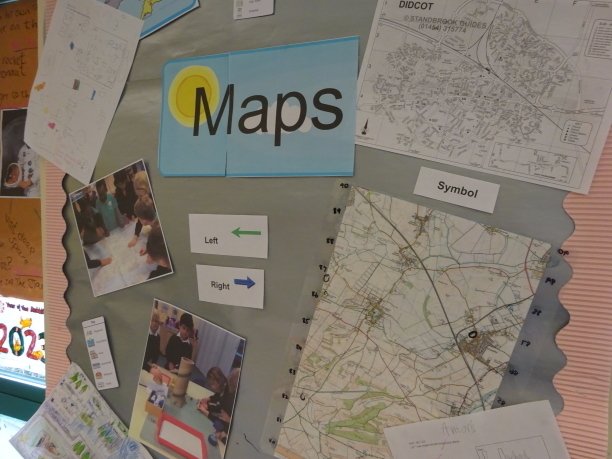"Nature is our biggest ally and greatest inspiration." Sir David Attenborough ( an English broadcaster, natural historian and author)
Geography
 |
 |
 |
Geography is a brilliant way of developing young children’s natural fascination for the world around them. It is about understanding the world by: comparing locations; investigating; researching different sources; writing and talking about places; asking and answering questions. Geography also involves many transferable skills, such as research, observation, measurement, recording and presentation.
From EYFS, we guide the children to make sense of their physical world and their community by exploring, observing, and finding out about people, places, technology and the environment.
In Key Stage 1, we help the children to develop a geographical vocabulary by learning about where they live, as well as a chosen area of the United Kingdom and a contrasting non-European country. The children learn about weather patterns in the United Kingdom and hot and cold areas of the world. They will use ICT, world maps, atlases and globes, simple compass directions, aerial photographs and plans, as well as simple fieldwork and observational skills.
In Key Stage 2, the geography curriculum retains some flexibility, and builds and expands on the children’s previous knowledge. There are three focus areas:
- Locational knowledge
- Place knowledge
- Human and physical geography
The children will use maps to focus on regions, key physical / human characteristics, countries, and major cities. They will also work on locating the counties and cities of the United Kingdom, and start to explore their human and physical characteristics.
Children will be taught to describe and understand key aspects of geography, for example: climate zones, rivers, mountains, volcanoes, earthquakes, the water cycle, types of settlement, economic activity and the distribution of natural resources.
How can I support my child with Geography?
- Out and about in your Local Area
Help your child geographically by chatting about local physical features, attractions and activities. You might even like to develop this idea by asking them to provide a tourist guide for their local area for visiting relatives.
- On a Journey
Share the road map or map phone app to help your child follow the route, while you talk about where you are going. Alternatively, ask them to draw a map of their journey to school or the local shop, including any natural or man-made features along the way.
- Holidays
Compare the location with your home area — you might ask your child to talk through five similarities and differences, for example. Holidays also provide an opportunity for a museum visit or a trip to a tourist attraction.
- Magazines, TV, Films
And even some computer games can provide your child with a view of distant places. They enable your child to be transported instantly to another place. Prompt their thinking with questions, such as: What might the weather be like in this place? Why might the road have been built where it is? The list of questions is endless and will lead to all sorts of discussions, which will really help to develop curiosity about, and understanding of, the world.
